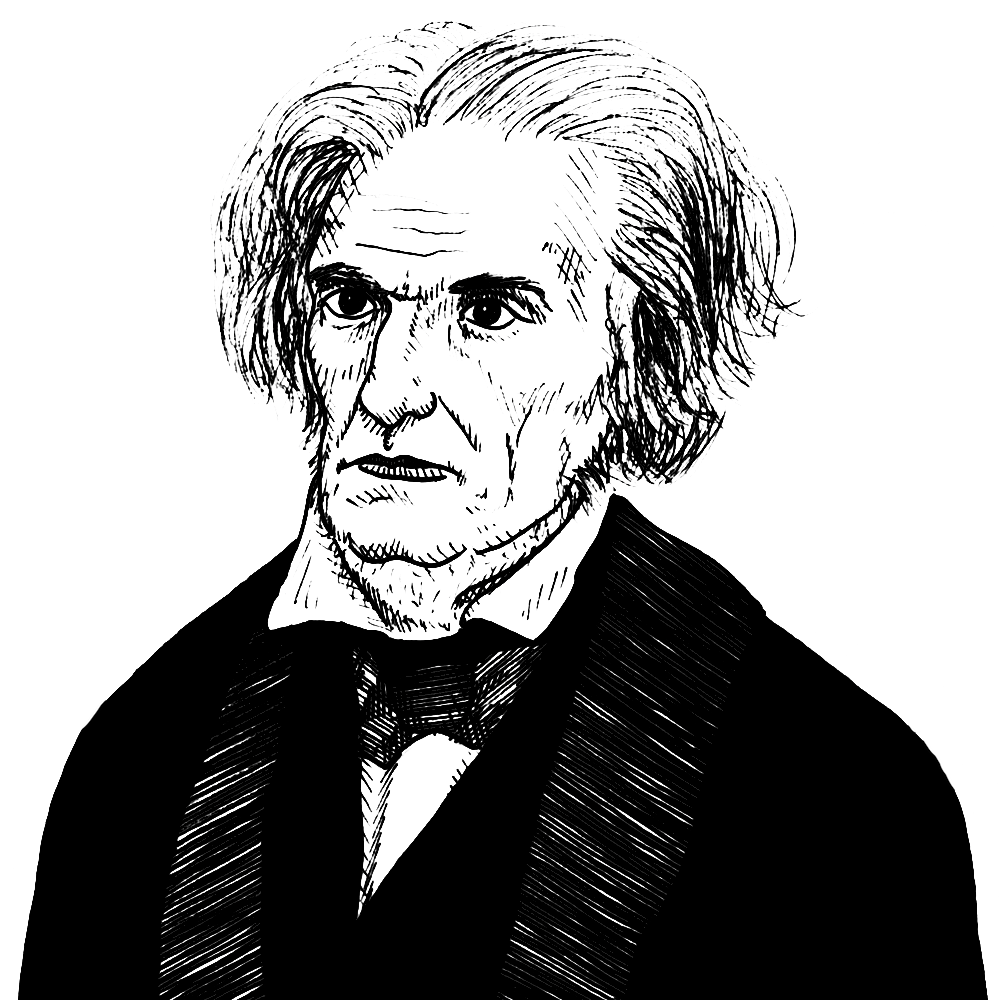
John Calhoun and the Unchecked Majority
Found in: Union and Liberty: The Political Philosophy of John C. Calhoun
The most recognizable element of John Calhoun’s political theory is its anti-majoritarianism. But he did not simply articulate the obvious possibility of a majority dominating a minority. He also explained how unchecked majority rule disfigures political life.
Politics & Liberty
But to return to the point immediately under consideration. I know that it is not only the opinion of a large majority of our country, but it may be said to be the opinion of the age, that the very beau ideal of a perfect government is the government of a majority, acting through a representative[446] body, without check or limitation on its power; yet, if we may test this theory by experience and reason, we shall find that, so far from being perfect, the necessary tendency of all governments, based upon the will of an absolute majority, without constitutional check or limitation of power, is to faction, corruption, anarchy, and despotism; and this, whether the will of the majority be expressed directly through an assembly of the people themselves, or by their representatives. I know that, in venturing this assertion, I utter what is unpopular both within and without these walls; but where truth and liberty are concerned, such considerations should not be regarded. (FROM SPEECH ON THE REVENUE COLLECTION [FORCE] BILL February 15–16, 1833) - John C. Calhoun